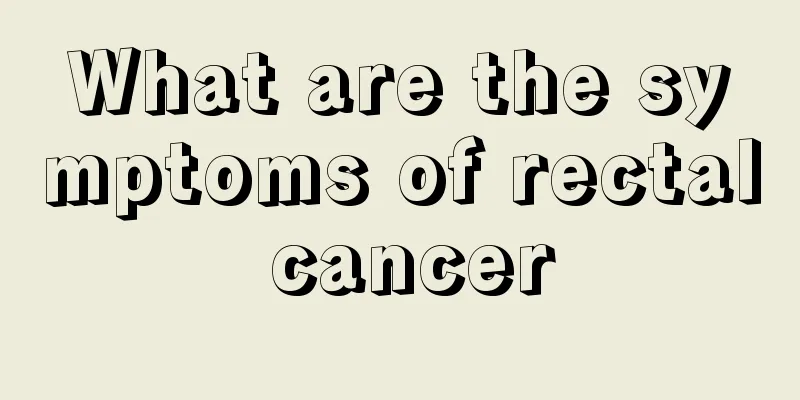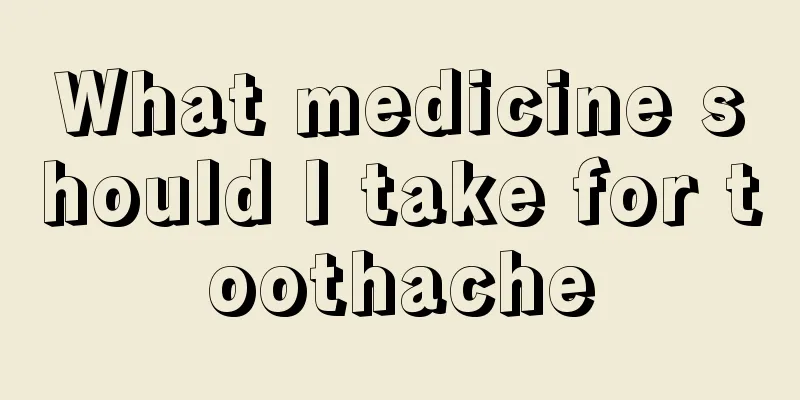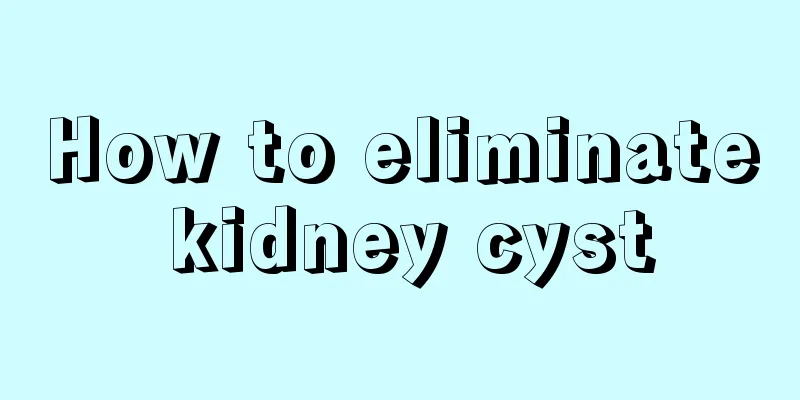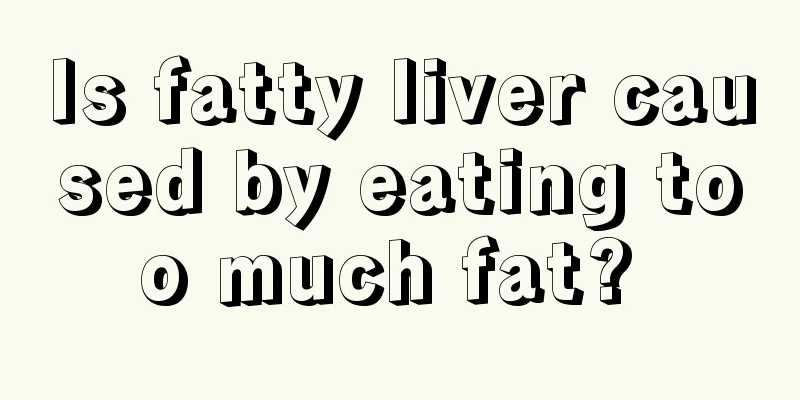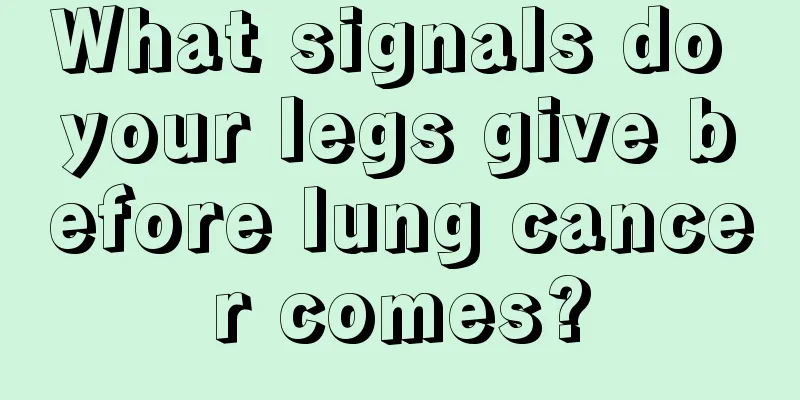What is the pain on the surface of the belly
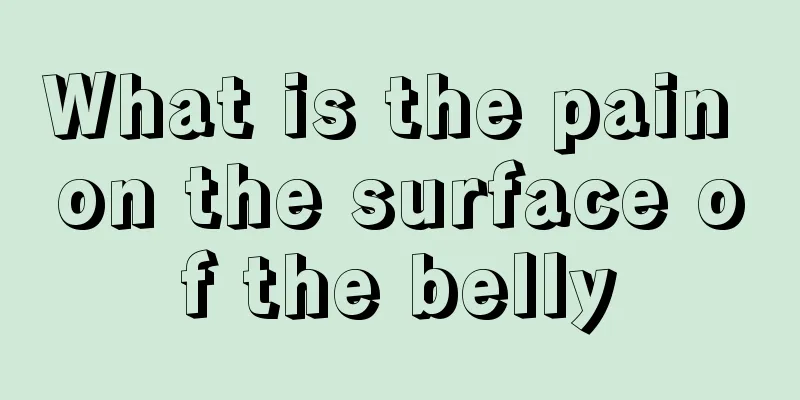
|
Sometimes people will feel pain on the surface of their abdomen. In this case, they need to pay special attention to their medical condition. If these conditions occur, they should go to the hospital for a detailed examination. These regular examinations are definitely good for their body and can effectively avoid them. Moreover, the causes of each person's illness are completely different. If it is acute abdominal pain, the treatment method may need to be more complicated. Causes 1. Acute abdominal pain (1) Diseases of abdominal organs 1) Acute inflammation of abdominal organs: acute gastroenteritis, acute corrosive gastritis, acute cholecystitis, acute pancreatitis, acute appendicitis, acute cholangitis, etc. 2) Perforation or rupture of abdominal organs: perforation of gastric and duodenal ulcers, perforation of typhoid intestinal organs, rupture of liver, rupture of spleen, rupture of kidney, rupture of ectopic pregnancy, rupture of ovary, etc. 3) Obstruction or expansion of abdominal organs: gastric mucosal prolapse, acute intestinal obstruction, inguinal hernia, intussusception, biliary ascariasis, cholelithiasis, kidney and ureteral stones, etc. 4) Torsion of abdominal organs: acute gastric torsion, ovarian cyst pedicle torsion, omentum torsion, intestinal torsion, etc. 5) Intra-abdominal vascular obstruction: acute obstruction of the mesenteric artery, acute portal vein thrombosis, dissecting abdominal aortic aneurysm, etc. (2) Abdominal wall diseases: abdominal wall contusion, abdominal wall abscess and abdominal wall herpes zoster, etc. (3) Chest diseases: acute myocardial infarction, acute pericarditis, angina pectoris, pneumonia and pulmonary infarction, etc. (4) Systemic diseases and others: rheumatic fever, uremia, acute lead poisoning, porphyria, abdominal allergic purpura, abdominal epilepsy, etc. 2. Causes of chronic abdominal pain Diseases of abdominal organs: (1) Chronic inflammation: reflux esophagitis, chronic gastritis, chronic cholecystitis, chronic pancreatitis, tuberculous peritonitis, inflammatory bowel disease, etc. (2) Gastrointestinal diseases: gastric and duodenal ulcers and gastrinoma, etc. (3) Torsion or obstruction of abdominal organs: chronic gastrointestinal torsion, intestinal adhesions, omental adhesion syndrome, etc. (4) Increased capsular tension: liver congestion, hepatitis, liver abscess, liver cancer, splenomegaly, etc. (5) Gastrointestinal motility disorders: gastroparesis, functional dyspepsia, hepatic flexure and splenic flexure syndrome. The nature of abdominal pain is related to the organ where the lesion is located and the nature of the lesion. For example, colic often indicates obstruction of hollow organs; bloating and pain are often caused by increased tension in the visceral capsule, traction of the mesentery, or flatulence and expansion of hollow organs. The degree of pain is sometimes consistent with the severity of the lesion, but due to individual differences, sometimes the degree of pain does not reflect the extent of the lesion. |
<<: What to do if I have stomach bloating and pain after eating too much
>>: What's the matter with the dull pain around the belly button
Recommend
Ghost Festival taboos, relevant matters must be remembered
There is Ghost Festival every year in China. On t...
The benefits of massaging the Yongquan acupoint
Yongquan acupoint is an important acupoint in our...
Why does my scalp hurt when I press it? What's wrong with my scalp?
In daily life, we often ignore some minor symptom...
Early symptoms of liver cancer
Early liver cancer may have no symptoms or signs....
What are the symptoms of late stage nasopharyngeal carcinoma and how to treat it
What are the symptoms of advanced nasopharyngeal ...
How many days will it hurt when wisdom teeth grow?
Many people will encounter the situation of growi...
Is vaginal bleeding a sign of cervical cancer? What are the symptoms of cervical cancer?
Cancer is our greatest enemy, cancer is a maligna...
What is the cause of constant bleeding, swelling and pain in teeth?
If you often experience bleeding teeth and swolle...
I can't open my mouth after having my wisdom teeth removed
Wisdom teeth are an important part of people'...
Chest pain after smoking
In modern society, more and more people smoke, an...
What should I do if I have a stuffy nose and sore throat
A stuffy nose and sore throat are often caused by...
What are the symptoms of neuritis
Neurological diseases have become more and more c...
Sinus tachycardia with arrhythmia, mood is extremely important
Experts say: Sinus tachycardia caused by physiolo...
What is the diagnosis method for tongue cancer
What is the diagnosis method for tongue cancer? A...
Can you still eat flour that has worms in it
White flour is wheat flour. Many foods require wh...

